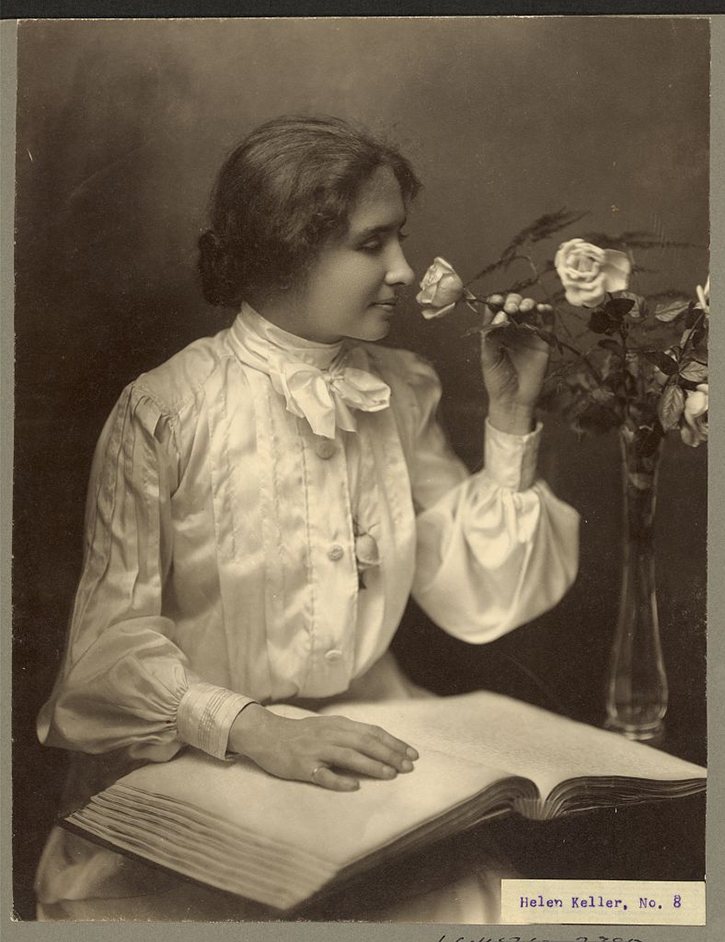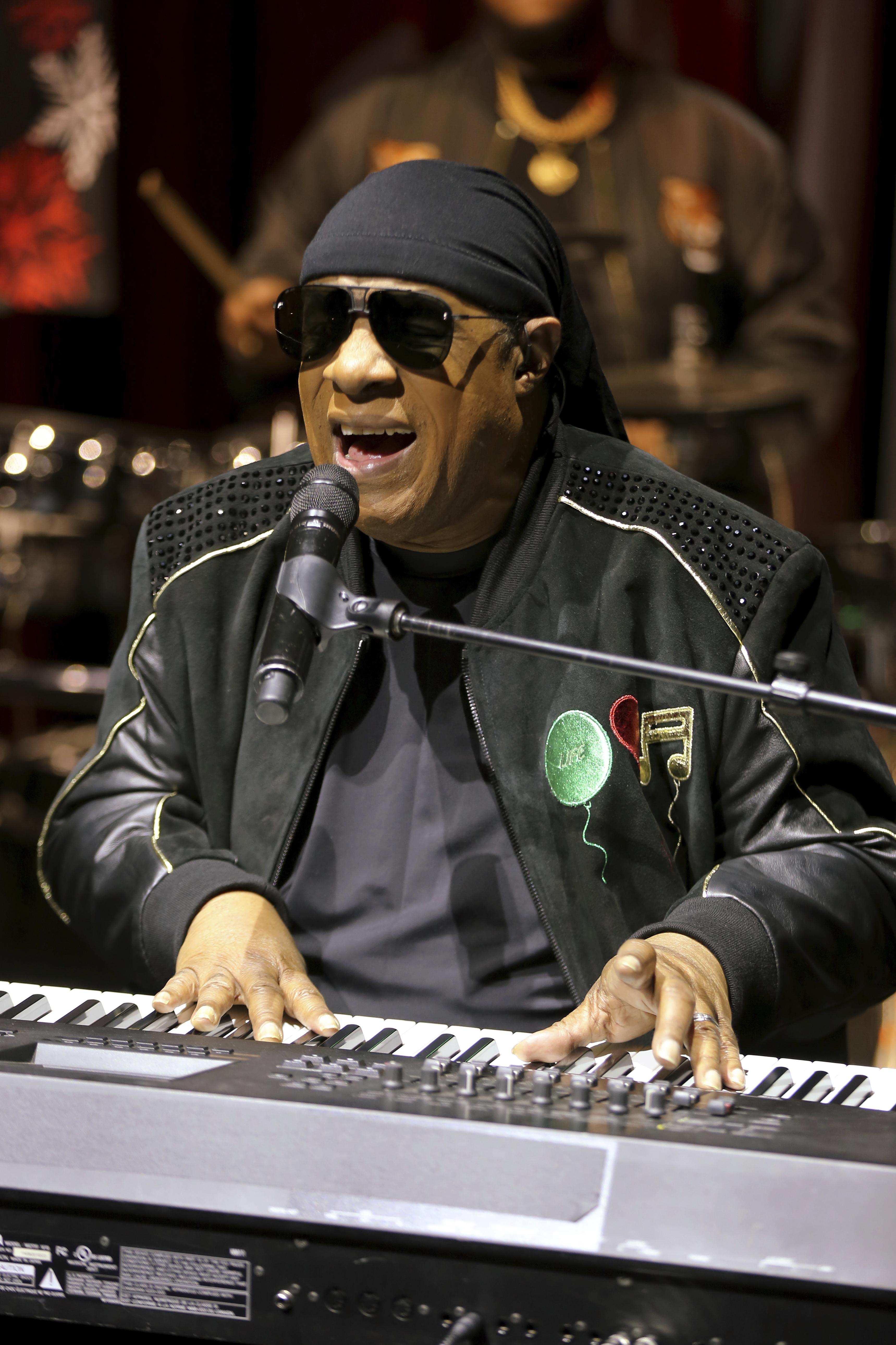
(Credit: Michael Ochs Archive)
Ronnie Lee Milsap (1943-???)
Born nearly blind, Ronnie Milsap's mother abandoned him to be raised by his grandparents. After being sent to Raleigh's Governor Morehead School for the Blind at age five, Milsap discovered his love for music and studied Braille at age six. He would grow up to be a multiple Grammy Award-winning country singer and musician who utilized the Braille system to compose his songs and music notes.

(Credit: Whitman Studios, ca. 1904.)
Helen Adams Keller
(1880–1968)
At the age of nineteen months, Keller lost her sight and hearing due to an illness. Asides from learning sign language, she was taught by Anne Sullivan, a Perkins School for the Blind graduate, on how to use Braille at the age of seven. With the aid of Braille, Helen Keller was able to overcome her obstacles and learned how to communicate, ultimately becoming a renowned American author, educator, and advocate for the blind and deaf .

(Credit: Willy Sanjuan)
Stevie Wonder
(1950-???)
At six weeks old, he lost his sight due to a condition called retinopathy of prematurity. Despite his disability, he became a talented musician and one of the top Grammy winners of all time with twenty-five awards, including the Grammy Lifetime Achievement Award. In the 58th Annual Grammy Awards, Stevie Wonder jokingly mocks the audience that they could not read Braille as he can. After the laughter dies down, he declares an important message to the audience that, "We need to make every single thing accessible to every single person with a disability."